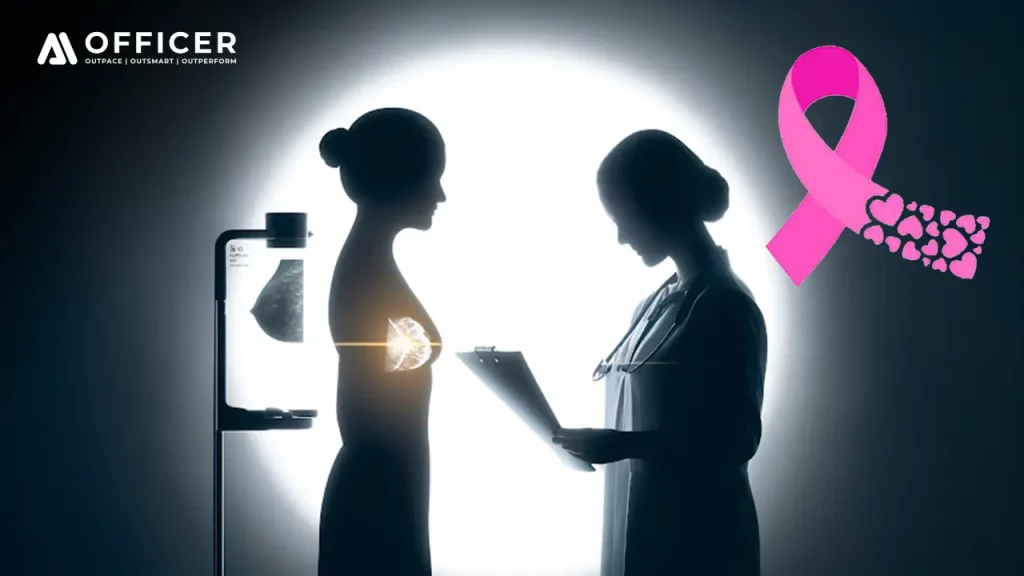
The fight against breast cancer takes a groundbreaking step forward with the UK’s National Health Service (NHS) pilot program.
This initiative introduces AI, specifically a program called Mia, to analyze mammograms and identify potential abnormalities and suspicious lesions with incredible precision.This development has the potential to revolutionize breast cancer screening, saving countless lives.
Intrigued? Keep reading to delve deeper into the world of AI-powered breast cancer diagnosis and explore the possibilities it holds for the future of healthcare.
Here’s how AI is set to revolutionize breast cancer screening
- Early Detection for Better Outcomes
Early detection is crucial in breast cancer treatment. AI’s ability to analyze mammograms with exceptional precision can potentially identify even subtle signs of cancer, leading to earlier intervention and significantly improving patient outcomes. This translates to better survival rates and less invasive treatment options, as exemplified by Barbara’s story (more on that later).
- Enhanced Accuracy – A Powerful Ally for Radiologists
Human radiologists, despite their expertise, can sometimes miss abnormalities in mammograms. AI acts as a valuable second pair of eyes. By analyzing vast amounts of data with exceptional precision, AI can potentially reduce the chances of missed diagnoses, providing invaluable support to radiologists. This allows them to focus on complex cases while ensuring patients receive the most accurate diagnoses possible.
A Brighter Future – Challenges and Opportunities
While the NHS trial demonstrates the immense potential of AI, there are challenges to address
- Transparency and Explainability : Building trust in AI technology requires transparency in its decision-making process. Developers must explain how AI arrives at its conclusions, fostering trust in its capabilities.
- Data Privacy : Protecting patient privacy is paramount. Robust security measures must be implemented to safeguard sensitive medical information used to train and operate AI systems.
- Integration with Healthcare Systems : Seamless integration of AI into existing healthcare infrastructure is essential for widespread adoption.
The Barbara Story -> A Powerful Example
The NHS trial with Mia isn’t just about statistics.
Barbara, one of the 11 women whose cancer Mia identified, serves as a powerful example. Her 6mm tumor, potentially missed by human doctors, was caught early. This early detection allowed for a less invasive treatment compared to what her family members with breast cancer previously endured. Mia’s ability to identify such small tumors highlights the potential for significantly improved patient outcomes.
The NHS trial with Mia is a promising leap towards AI-powered early detection of breast cancer. While further research is needed, this technology offers immense potential to improve patient outcomes, reduce the burden on healthcare systems and save lives.
Stay tuned for more insightful blogs on AI advancements!
Get in touch with our AI officers today for a free consultation and discover how AI can revolutionize your approach to healthcare.
Stay tuned for more insightful blogs on AI advancements!
AI Officer delves deep into the world of AI, exploring its applications in various industries and keeping you informed about the latest trends.
Don’t miss out on this valuable knowledge!




